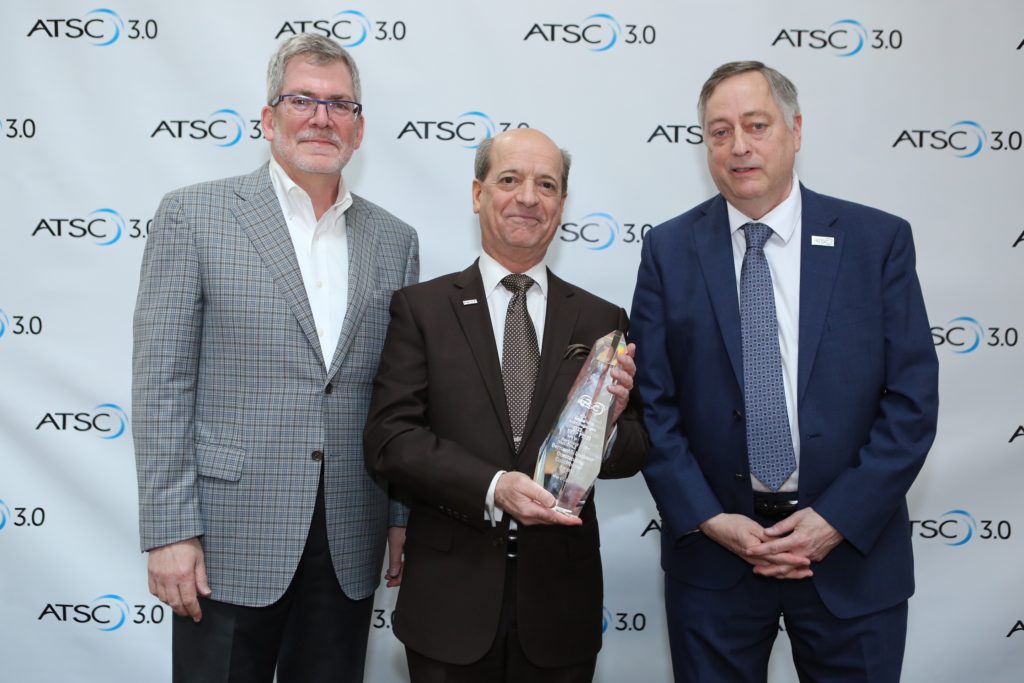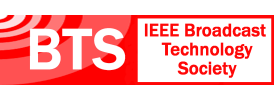- About
- Members
- Sponsors
- Subcommittees
- About Our Subcommittees
- Technology Group 3
- Implementation Team 1 – Advanced Emergency Information
- Implementation Team 2 – India
- Implementation Team 3 – ATSC 3.0 Conformance
- Implementation Team 4 – Brazil
- Implementation Team 5 – Tower Network
- Implementation Team 7 – Caribbean
- Implementation Team 8 – Automotive
- Planning Team 4 – Future Broadcast Ecosystem Technologies
- Planning Team 5 – Automotive Applications
- Planning Team 6 – Global Recognition of ATSC 3.0
- Planning Team 9 – Sustainability
- Technical Documents
- News
- Events
- Spotlight ATSC 3.0
- Contact Us
- Member Login
- Member Meetings
- Advanced Search
Search Site
Member Links
- About
- Members
- Sponsors
- Subcommittees
- About Our Subcommittees
- Technology Group 3
- Implementation Team 1 – Advanced Emergency Information
- Implementation Team 2 – India
- Implementation Team 3 – ATSC 3.0 Conformance
- Implementation Team 4 – Brazil
- Implementation Team 5 – Tower Network
- Implementation Team 7 – Caribbean
- Implementation Team 8 – Automotive
- Planning Team 4 – Future Broadcast Ecosystem Technologies
- Planning Team 5 – Automotive Applications
- Planning Team 6 – Global Recognition of ATSC 3.0
- Planning Team 9 – Sustainability
- Technical Documents
- News
- Events
- Spotlight ATSC 3.0
- Contact Us
- Member Login
- Member Meetings
- Advanced Search
LECHNER AWARD: Pizzi Honored for Outstanding ATSC Contributions
Posted on June 1, 2017 in ATSC News

Skip Pizzi received the 2017 Bernard J. Lechner Outstanding Contributor Award, the ATSC’s highest technical honor.
Pizzi, NAB’s VP of Technology Education and Outreach, chairs the Specialist Group on ATSC 3.0 System Requirements and Program Management, which is responsible for ATSC 3.0 use cases and scenarios that are the basis for the system requirements that enabled the development of Technical Standards and Recommended Practices that make up ATSC 3.0.
His specialist group also has the responsibility of reviewing the TG3 Technology Group’s outputs for adherence to system requirements and for coordinating the ATSC 3.0 development schedule. In addition, Pizzi and his group are responsible for drafting A/300, the overall ATSC 3.0 “System Standard.”
A musician and audio expert, he played a key role in the development of the ATSC 3.0 audio standard and he served as co-coordinator of the advanced audio system test activities. He also serves as vice-chair of TG3, which has overall oversight for the ATSC 3.0 standard.
Leadership, Enthusiasm and Commitment
Pizzi’s career has spanned the broadcast and new-media industries, not just at the National Association of Broadcasters, but also 13 years as an engineer and technology manager at National Public Radio and 11 years in various posts at Microsoft.
He spent seven years as an editor at Broadcast Engineering magazine, and continues as a technology journalist and author. His most recent book is “A Broadcast Engineering Tutorial for Non-Engineers,” 4th edition, and he’s Associate Editor for the “NAB Engineering Handbook,” 11th edition, both published by Focal Press.
Pizzi is a graduate of Georgetown University, where he studied Electrical Engineering, International Economics and Fine Arts.
“Skip is an outstanding leader with remarkable technical and management skills. His enthusiasm and commitment has helped to facilitate the rapid development of the next-generation broadcast television standard,” said ATSC President Mark Richer.
Invaluable and Exemplary Contributions
The Lechner Award is bestowed annually to an individual representative of the ATSC’s membership whose technical and leadership contributions to the ATSC have been invaluable and exemplary. The title of the award recognizes the first recipient in 2000, the late Bernard Lechner, for his outstanding services to the ATSC. The honoree is selected by the ATSC Board of Directors and presented at the ATSC’s spring meeting. Lechner passed away in 2014 after a long career in TV technology.
Recipients of the ATSC Lechner Award:
· 2000 – Bernard Lechner, Consultant
· 2001 – Rich Chernock, Triveni Digital
· 2002 – Regis Crinon, Microsoft
· 2003 – Glenn Adams, Extensible Formatting Systems, Inc
· 2004 – Graham Jones, National Association of Broadcasters
· 2005 – John Henderson, Hitachi
· 2006 – Art Allison, National Association of Broadcasters
· 2007 – Mark Eyer, Sony Electronics
· 2008 – Michael Dolan, TBT
· 2009 – Wayne Bretl, LG Electronics/Zenith
· 2010 – Pat Waddell, Harmonic
· 2011 – Jim Starzynski, NBC Universal
· 2012 – S. Merrill Weiss, MWG Group
· 2013 – Mark Aitken, Sinclair Broadcast Group
· 2014 – James Kutzner, PBS
· 2015 – Luke Fay, Sony
· 2016 – Madeleine Noland, LG Electronics
· 2017 – Skip Pizzi, NAB
Posted in ATSC News
News Categories
News Archives
Subscribe
Subscribe to The Standard, our monthly newsletter. Learn More
Join ATSC
ATSC is a membership organization with both voting and observer categories. Voting members include corporations, nonprofit organizations, and government entities, and they participate actively in the work of ATSC. Observers are individuals or entities not eligible to be a voting member.
Subscribe to our Newsletter
Subscribe to The Standard, our monthly newsletter, to stay up-to-date with ATSC news and events around the world.
Site Links
Contact Us
Advanced Television Systems Committee, Inc.
1300 I Street NW, Suite 400E
Washington, DC 20005
Do you have questions about ATSC?
About ATSC
The Advanced Television Systems Committee, Inc., is an international, non-profit organization developing voluntary standards and recommended practices for digital terrestrial broadcasting. ATSC member organizations represent the broadcast, broadcast equipment, motion picture, consumer electronics, computer, cable, satellite, and semiconductor industries. ATSC also develops digital terrestrial broadcasting implementation strategies and supports educational activities on ATSC standards.
© 2024 ATSC





































